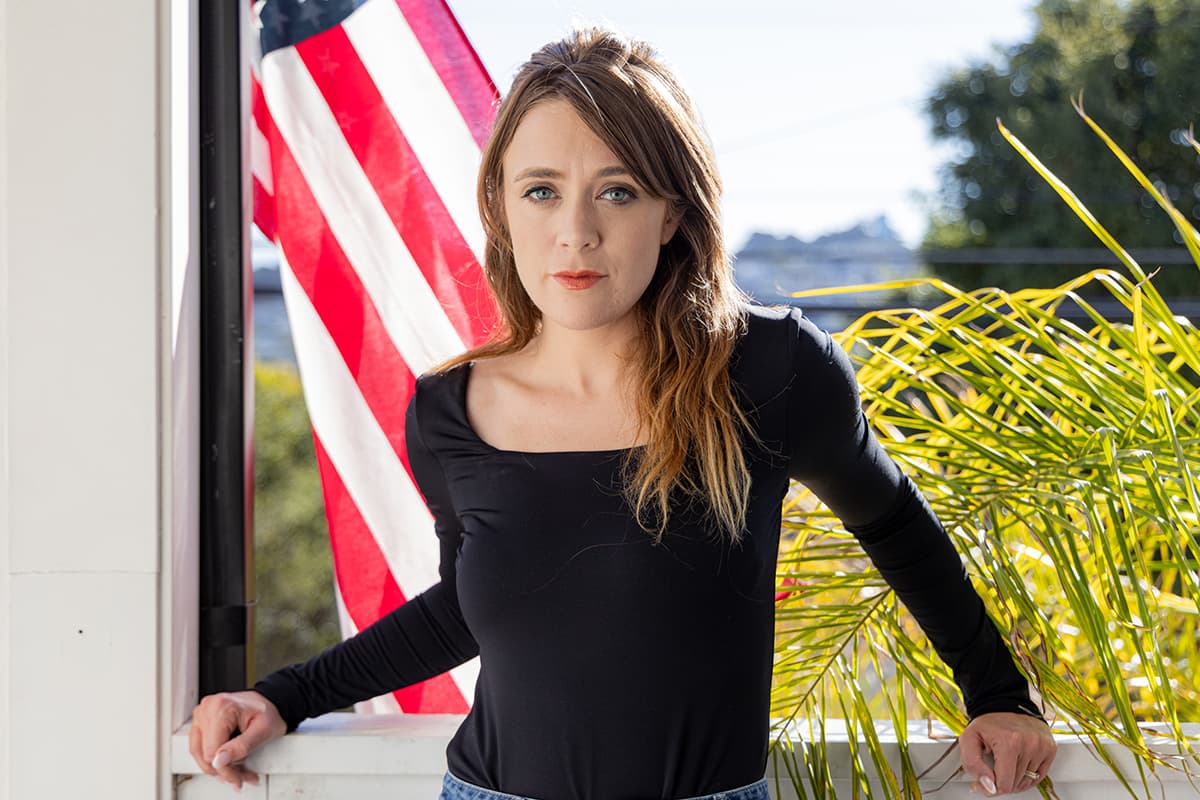58% of US Adults Report Frustration with Limited Political Choices

A recent social media post by Evan Barker has highlighted a growing sentiment among American voters regarding the perceived lack of nuanced political options. Barker's tweet, stating, "If I don't support trans-ing minors and open borders, I am stuck with trickle down economics and 'taxing the poor' American politics kinda sucks," encapsulates the frustration many feel with the current two-party system. This sentiment reflects broader concerns about political polarization and the limited ideological spectrum offered by major parties.
Public opinion research consistently indicates widespread dissatisfaction with the current political landscape. A poll in October 2024 found that 58% of U.S. adults believe a third party is needed, underscoring the desire for more diverse political representation. Voters often feel that the Republican and Democratic parties do not fully reflect their values, leading to a sense of being forced to choose between undesirable platforms.
The issues cited in Barker's tweet—gender-affirming care for minors, immigration policies, and economic strategies—are central to contemporary American political discourse. Gender-affirming care for minors is a highly debated topic, with proponents emphasizing medical necessity and mental health benefits, while opponents raise concerns about age appropriateness and long-term implications. Similarly, "open borders" refers to a contentious debate on immigration, where discussions range from border security and national sovereignty to humanitarian considerations and economic impacts.
Economically, "trickle-down economics," often associated with supply-side policies like tax cuts for corporations and the wealthy, remains a point of contention. Advocates argue it stimulates economic growth, while critics contend it exacerbates wealth inequality. The phrase "taxing the poor" typically refers to regressive tax policies or the overall burden on lower-income individuals, contrasting with progressive taxation. These economic philosophies are deeply intertwined with the platforms of the major political parties.
Experts suggest that the entrenched two-party system, reinforced by structural barriers against third parties, contributes significantly to voter frustration. The perceived ideological distance between the parties on social issues and economic policy often leaves voters feeling unrepresented, as highlighted by Barker's viral tweet. This ongoing polarization continues to shape the American political experience, with many citizens seeking alternatives to the existing binary choices.